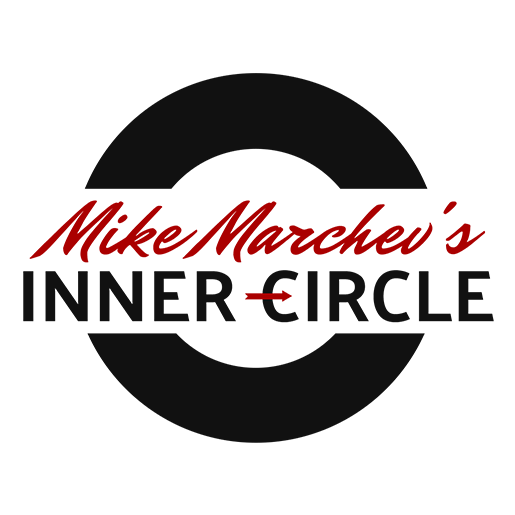Chapter 35
The ASK Factor
There are three primary aspects to winning over prospects and clients and achieving personal success. After you ask what they are, you must keep on ASKing. This pneumonic, ASK, stands for Attitude, Skills and Knowledge.
I don’t know if there is a correct order to these success keys, but I do know that without the proper attitude you might as well hang it up. Salespeople’s self- assessment of attitude is very similar to most firm’s assessment of their customer service. Everybody says they do it well but in reality it is often poorly administered. Likewise, everyone prides himself or herself with having the correct attitude toward customers, but in reality very few do.
The concept of attitude in sales is similar to the concept of attitude in aviation. In flying, “attitude” is the position of the nose of your airplane in relation to the horizon. When the nose is above the horizon, you are exhibiting positive attitude; when below, negative. The movement of the wings through the air creates “lift” which is the result of the two different pressures being created as air flows over and under the wing. Lift elevates the airplane.
With the right attitude the two vectors, lift and gravity, are balanced, and you move toward your destination in level flight. With a positive attitude you are gaining altitude. A negative attitude means you are losing altitude. Obviously, you can’t keep going up forever. Likewise, you don’t want to keep going down. So, I like to think that the correct attitude is when you are balanced and in straight and level flight.
Likewise, if you “position” your clients correctly in the hierarchy of priorities in your daily business life, you will fly straight toward your destination. No bumps, lifts and drops to scare the “passengers” of your business — just level and confidence-building progress. When you do hit choppy air (prospect problems, etc.) your job, as pilot of your own craft, is to respond by making the appropriate adjustments.
Skills
You obviously want to get good at what you do for a living — for your customer’s sake and for your own self-confidence and pleasure. We all must invest the time and effort to acquire the necessary skills. Skill development comes with practicing the right maneuvers and techniques (like the ones in this book) over and over and over again.
Practice alone does not make perfect. Perfect practice makes perfect. If we practice the wrong things, we will postpone our success. So, identify the skills that are important for your progress, and practice these skills correctly until you want to scream.
Here is a checklist you can use to evaluate the skills I believe are important for a sales professional. (Pencils out.)
Now, multiply the total number of “excellent” scores by “4,” the number of “goods” by “2,” and the number of “fairs” by “1”. (Poors get no points.) Then add the numbers together. If you scored more than 45, congratulations — you either have worked to develop excellent skills, or you get an A+ in self-esteem. Scores between 30 and 45 are good; 20 to 30 is fair; below 20 . . . well, you’ve got to go into training and you probably aren’t eating very well as a result of your paycheck . . . yet.
You should do one more thing with this evaluation. Ask a trusted co-worker or associate to evaluate you. Then see if your self-perception conforms to a more objective party’s view of your real traits. Good luck.
Knowledge
Knowledge is not only what you know, its recognizing what you don’t know. But never be intimidated by what you don’t know. As long as someone helps you identify what you need to know, you can and will find the answers. The important point here is that product knowledge and sales knowledge are only acquired through the process of actually contacting prospects and attempting to make sales.
Ultimately, the way to enhance your knowledge and attitude and skills is to “ask.”
• Ask yourself or trusted friends and colleagues what makes you unique and gives you an advantage over the competition . . . that builds positive attitude.
• Ask yourself what skills you have, and honestly identify those you need more of.
• Ask successful professionals the techniques and skills they have developed to achieve success.
• And don’t forget, the ultimate expression of your attitude, skills and knowledge is to honestly and sincerely ask the prospect how you can help — i.e. to play the game with the correct objective.

